Junior Mackenzie Barrera left the Portland International Airport on Aug. 9, 2024, waving goodbye to her family as she boarded her flight.
The next time she plans to see them will be nine months later.
The plane would take her to Washington, D.C., and from there to Germany, where she will stay until June, as part of an exchange program between the U.S. Department of State and the German Bundestag called the Congress-Bundestag Youth Exchange (CBYX). She goes to school and lives with her host family until her return back to the United States in 2025.
Barrera’s decision to spend a year abroad all started before her first year at La Salle.
Unsure about which language she wanted to take, she contacted the admissions director who gave her the opportunity to go on the French trip with that year’s French class, taking place over the summer of 2022.
After the trip, Barrera stayed in Europe. She spent time with her family, traveled across Europe, and went to places like Greece and Rome. Eventually, she took a train to Germany, where she stayed in a hotel in Berlin that was located directly in front of the East Side Gallery.
Despite how much she enjoyed the trip to France, Barrera fell in love with Germany; she loved the people and the place, the liveliness of everything, and how safe she felt. This inspired her to start learning German, which finalized her decision to take that class at La Salle.
While learning German, she came across the CBYX program. The main focus of the program is to allow motivated high school students to experience the culture and immerse themselves in the language. They gain perspective on social and political aspects in Germany by living with a host family and going to a German high school.
To make it more affordable, the CBYX program covers most expenses for students who are accepted.
Through the program, students are given one month of language camp to help them gain knowledge on the German language. This gives them a chance to use the language in a real world setting before going to their host family.
At the language camp, students are split into groups depending on where they are from. Each group is part of a program that partners with CBYX to send off the students to Germany from the U.S.
Barrera was with the West Coast section, including Montana, the Dakotas, Alaska and Hawaii. The program she went with is called ASSE which stands for the American Scandinavian Student Exchange.
The camp was located in Würzburg, a city in the Bavarian region of Germany. On weekdays they had six-hour study days with a two hour long lunch break between the morning and afternoon classes. On weekends, the students could explore around the city and were usually taken on trips to other nearby towns.
Barrera’s favorite trip was to Nuremberg, where one of the counselors at the camp, a politics major at the University of Berlin, gave a walking tour of Nuremberg and explained the political significance it had throughout the ages starting with the middle ages and moving all the way to the Nuremberg Trials.
After the camp, students are sent to their host families.
Barrera’s host family is located in Salzgitter, a city made up of 31 smaller towns. The place she is staying is rather small, but public transport is easy to take.
In Germany, school is slightly different from the U.S.
Barrera is in 11th grade here, but in Germany, 11th grade is the beginning of the Abitur years where students study for their high school diploma. The classes have an intense focus on tests and quizzes. Because of this, Barrera was put in 10th grade classes so she can have an easier time understanding the lessons.
The host school that Barrera is at doesn’t have elective classes for 10th graders. Instead, they have a set structure with classes that they are required to take.
In order to take off any academic pressure from Barrera, her school in Germany decided against giving her any grades. Instead, she focuses on lectures given in class. She takes notes on all the things she understands from the class in German, then goes home to translate them into English and teach herself the content from class.
Because of the way Barrera’s classes are structured, she said that she will get all of her credits and will be able to graduate on time, but will still have to make up for some classes she missed while she was gone, such as taking biology, religion, math and English.
At school in Germany, Barrera said she has noticed the long friendships her classmates have. Many of them have known each other since they were very young.
A large difference Barrera has noticed culturally is the difference of an outward friendliness that is displayed in the US. In Germany Barrera has noticed how less frequently many Germans smile at one another. While they are still nice, she said small talk is not as common as it is in the US.
Before Barrera’s departure from the U.S., she was told about a comparison of countries called peach and coconut countries. Barrera explained that in “coconut countries, like Germany, it’s a lot harder to break through the shell … but once you do you have a friend for life.” she said “In the United States, you can just bite into a peach and immediately you already know a lot about the peach.” Neither is bad, just different.
Along with the people, shopping times in Germany are different from the U.S. most stores are closed on Sunday due to a day known as Ruhetag.
At times, Barrera misses American foods, such as Takis and root beer floats, but her true homesickness happens the most with other things. While she does miss home as a whole, when she is out, she occasionally sees things that remind her of family and friends back home.
Despite some of the difficulties she has faced with school and homesickness though, Barrera admits she’s grown a lot while she’s been in Germany. She has been able to experience a new culture and grow her knowledge of the German language.
Barrera first joined CBYX so she could go to a German university, but is now reconsidering. She believes that German will always be part of her life, but wants to take more time to think about studying abroad again now that she knows what it’s like to be away from family and friends for a long time.
Even through the ups and downs, Barrera recommends the program. “I think that everyone needs to be scared, really truly scared at least once in your life,” she said. “Everyone needs to go through a process where they truly question who they are.”
For Barrera, being in Germany, a completely different place, around people who don’t know her, has helped her discover more about herself.
“It allows me to figure out who I actually am,” she said.


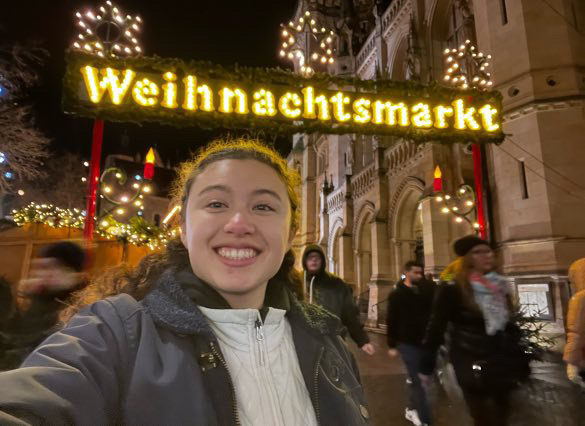

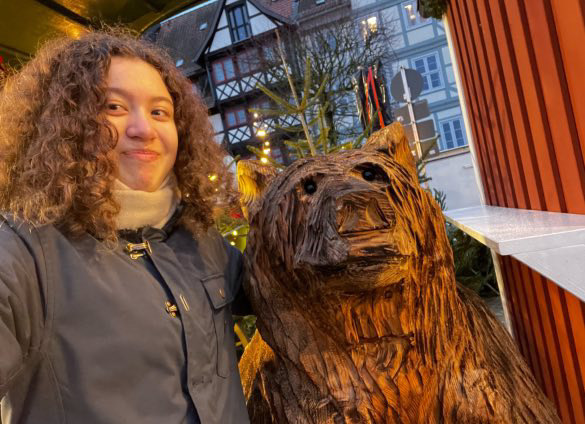
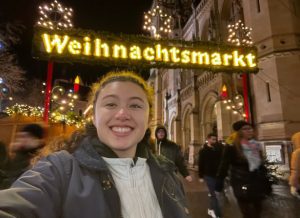

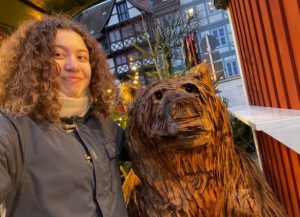
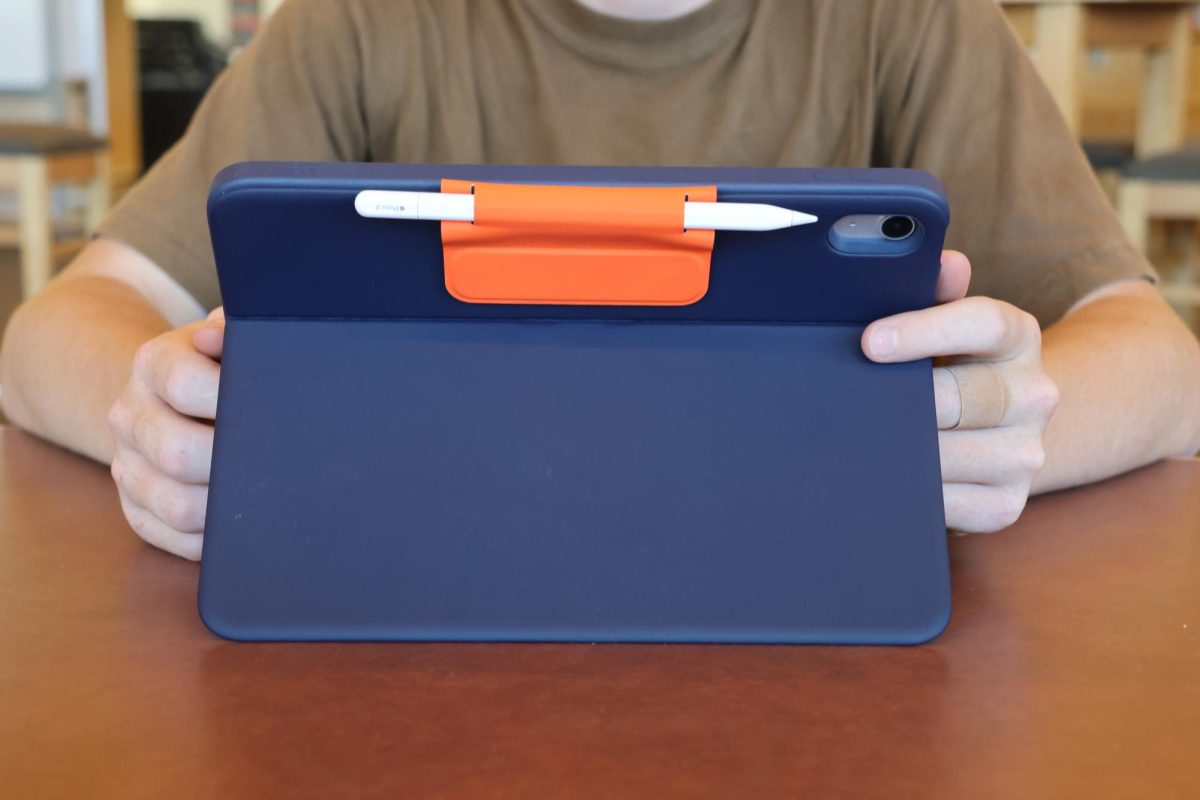
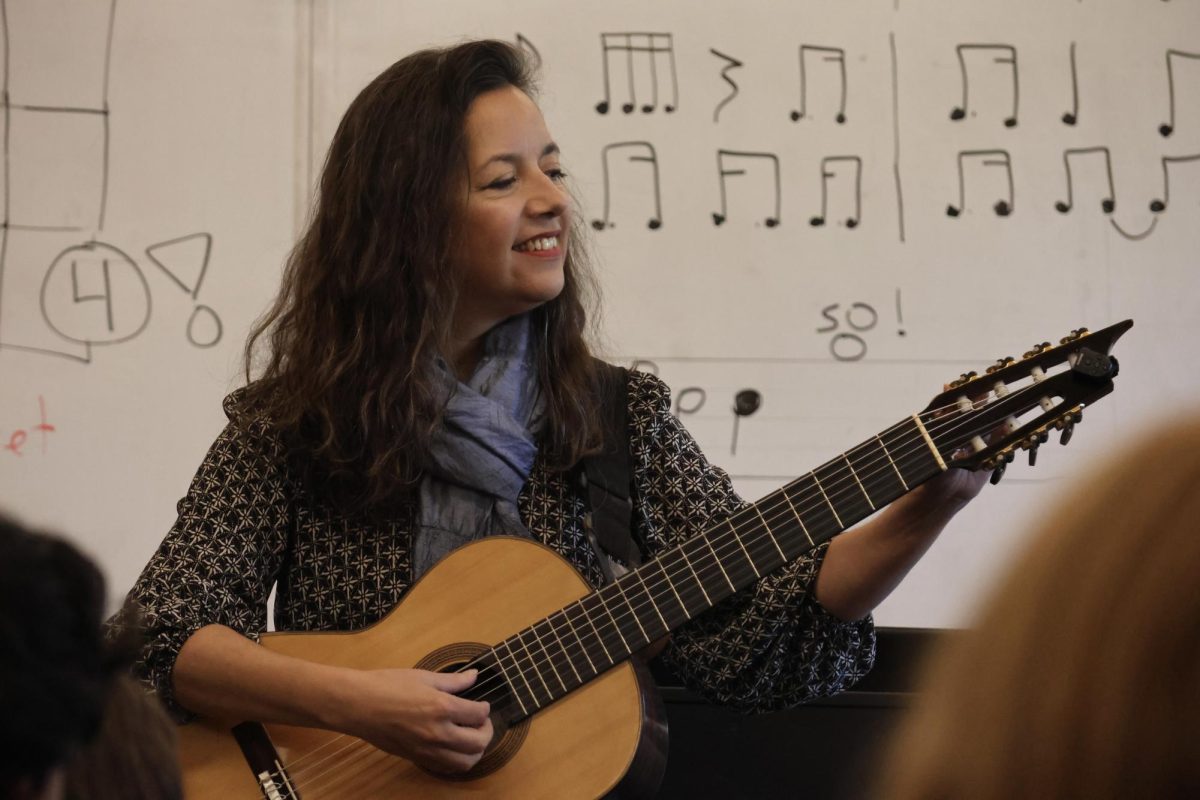
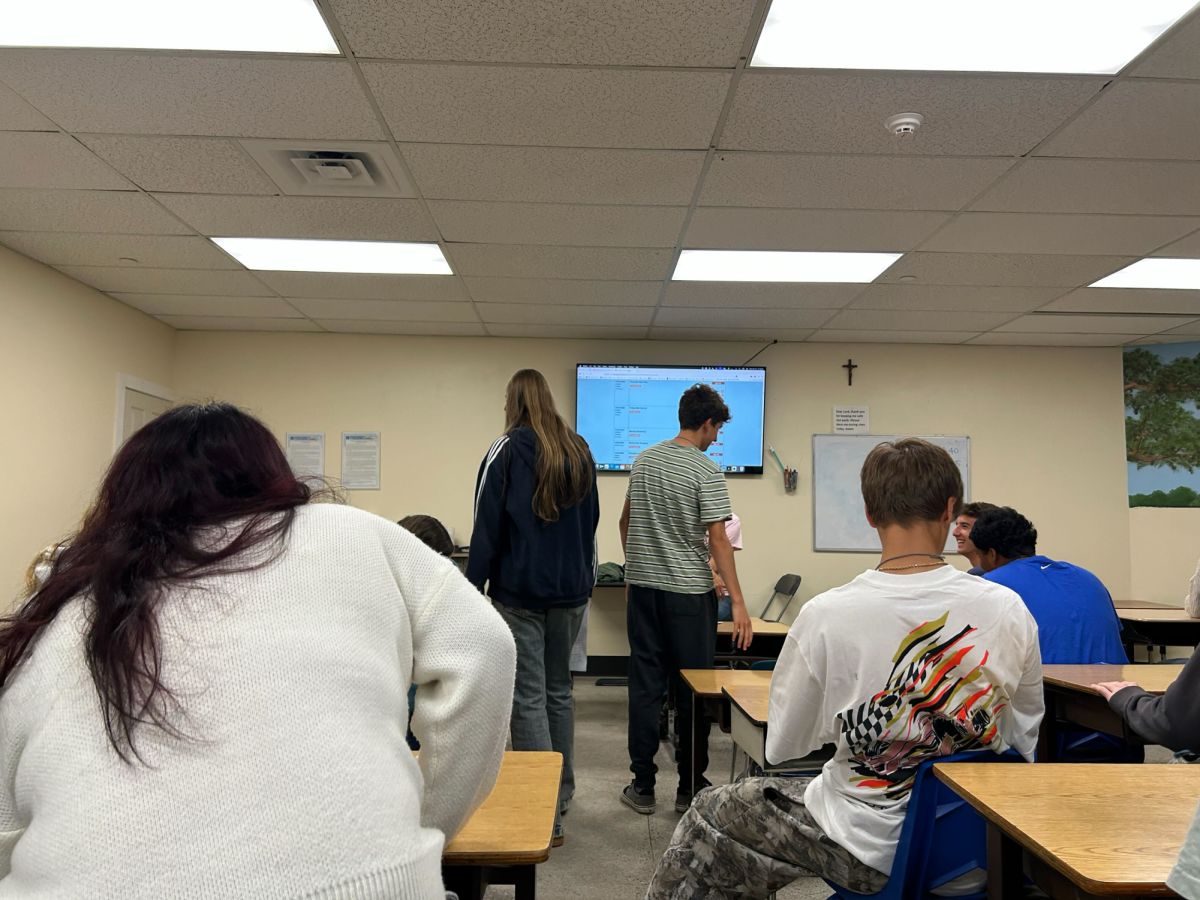

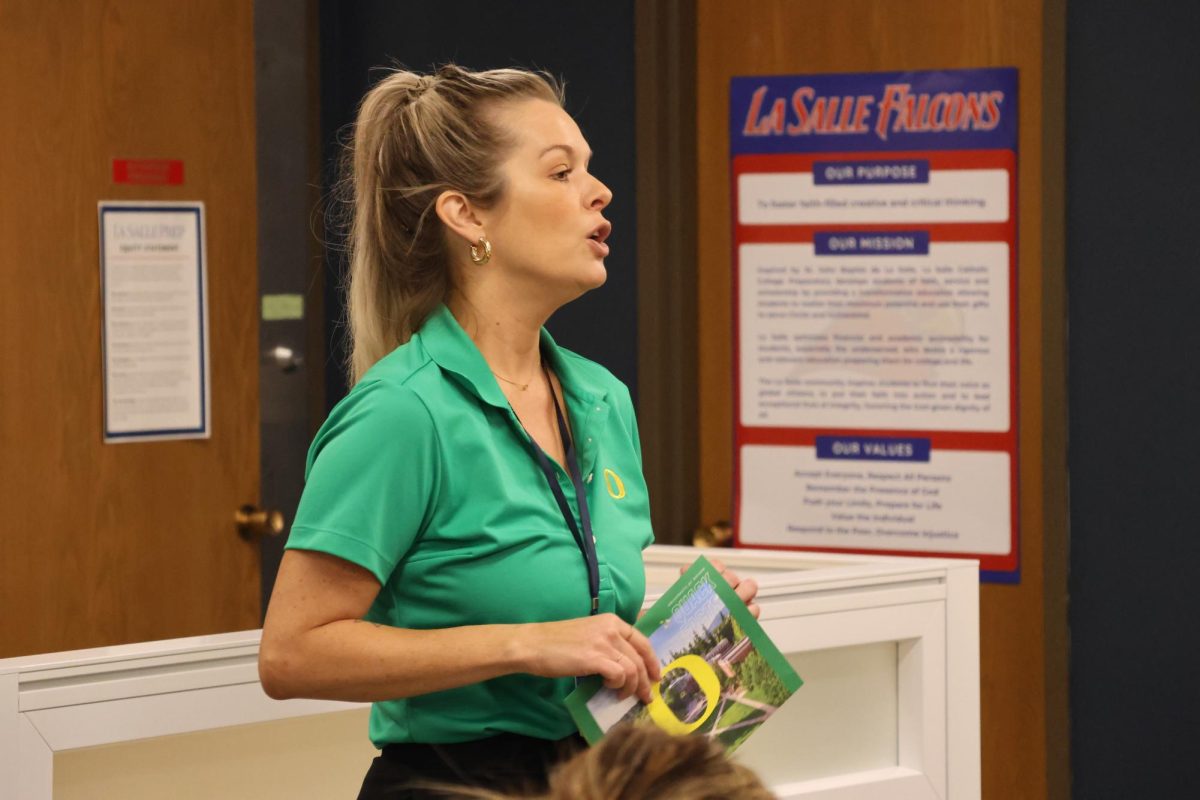
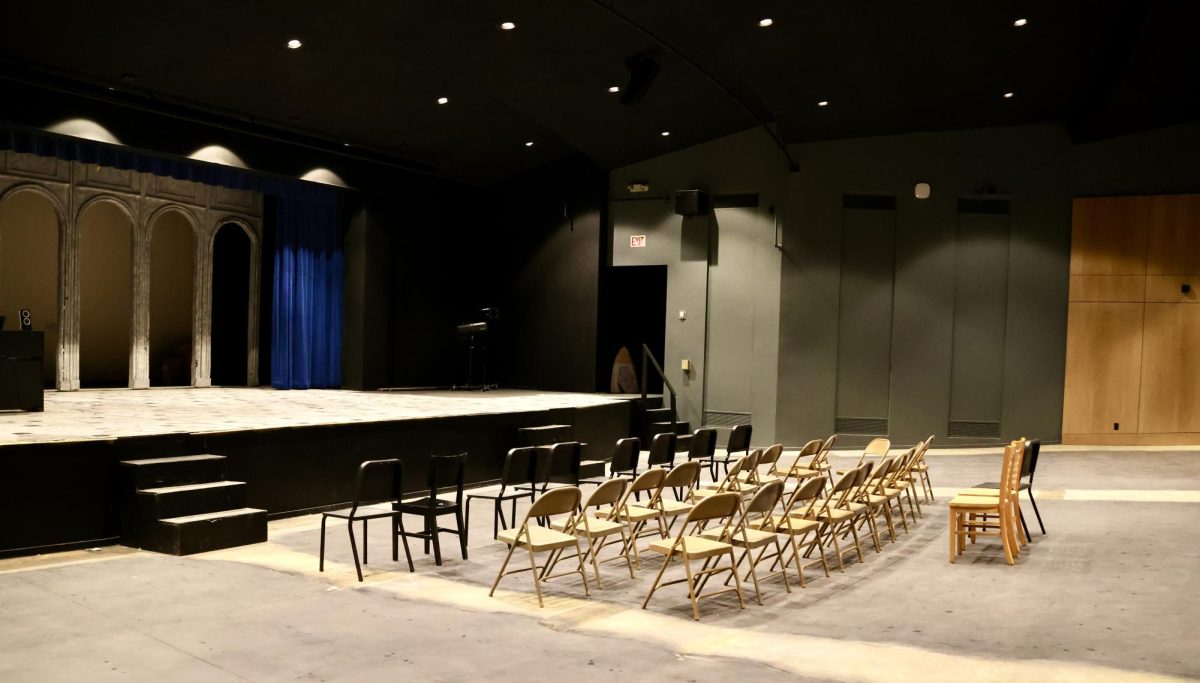
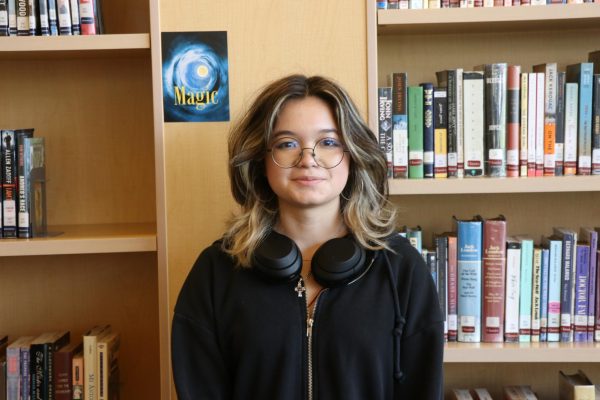
Coleman • Mar 9, 2025 at 10:09 am
Mack, I’m so proud of you and can’t wait to hear more about your experiences this past year.
Haylee Nguyen • Jan 8, 2025 at 10:16 pm
Awesome job Sophia! You did so well!